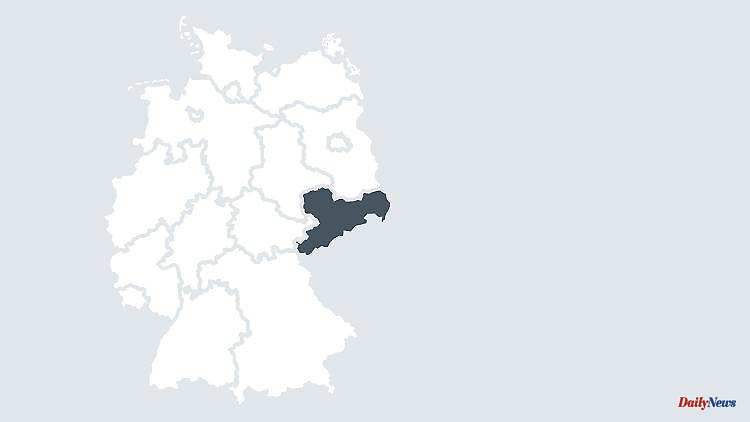Saxony likes to think of itself as a founding country. In fact, like elsewhere in East Germany, there was a true founding era after reunification. 30 years later, however, many start-ups lack the right staff.
Dresden (dpa/sn) - Saxony's Ministry of Economics has for the first time taken a close look at the start-up scene with a study and also asked about needs. According to this, more than two thirds (68 percent) of the start-ups surveyed see the recruitment of skilled workers as a major challenge, explained Economics Minister Martin Dulig (SPD) on Tuesday in Dresden. According to the study, people with a university degree in IT and computer science, engineering, technical disciplines and economics are particularly sought after. In the coming years, the need for them, but also for skilled workers, will increase, it said.
"Saxony is a start-up state in both urban and rural areas," said Dulig. The scene is "full of dynamics." Since 2011, the largest percentage of business start-ups have been in the cities of Leipzig (32.8 percent) and Dresden (30.7 percent), followed by Chemnitz (8.4 percent). The proportion of all start-ups in the districts is around 28 percent. The bottom line is that the number of start-ups is not decisive. "Class instead of mass," said Dulig. Sustainability, innovative strength and growth potential are much more important than numbers.
It is time for a new generation of founders, said Dulig. In the meantime, the motivation of the company founders has also changed. In the 1990s, companies were often founded out of necessity. At that time, many people were laid off. Today, the motivation for founding a company is much more closely related to a sense of responsibility and commitment to sustainability and social issues.
The study revealed that 860 out of around 1,200 start-ups that were entered in the commercial register between 2011 and 2019 still existed in 2011. Most start-ups were in the area of information and communication 57 percent. Freelance, scientific and technical services account for a share of 26 percent. 18 percent of start-ups are in the manufacturing sector. "Team start-ups with an average of 2.8 members predominate. Women are involved in just under every third team," it said.
The Ministry of Economic Affairs evaluated the study as proof that start-ups pick up on new trends and technologies faster than established companies, open up new fields of application and markets and increase the dynamics in markets. Many larger companies have recognized the strengths of start-ups and are trying to gain impetus through new forms of cooperation. The same applies to medium-sized companies with limited resources and skills.
Dulig also commented on the effects of the current crisis caused by the Ukraine war and rising energy prices. You have to prepare yourself for a "difficult, bitter time". The subject of skilled workers has also developed into a crisis situation and is blatant for all sectors. There are massive problems in the supply chains. The situation is fragile. Nevertheless, one wants to continue to support the start-up scene with the existing instruments.
Almost 700 participants in Saxony were interviewed for the study between May and December 2021. The study was commissioned by the Ministry of Economics and carried out by the Fraunhofer Institute for Systems and Innovation Research.












